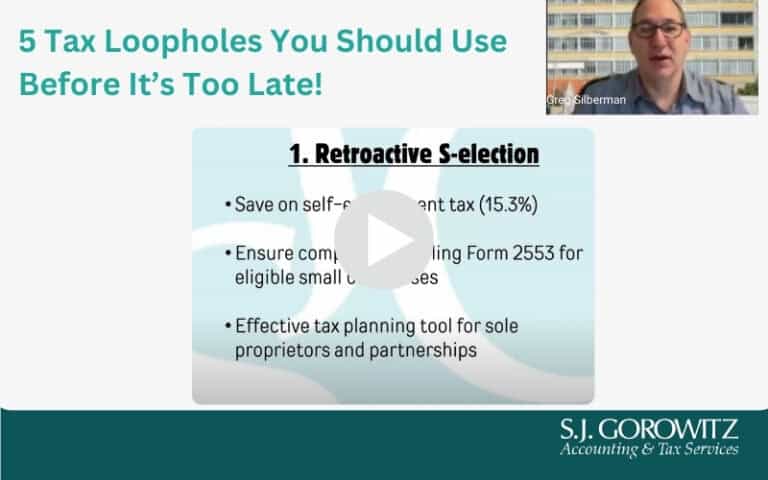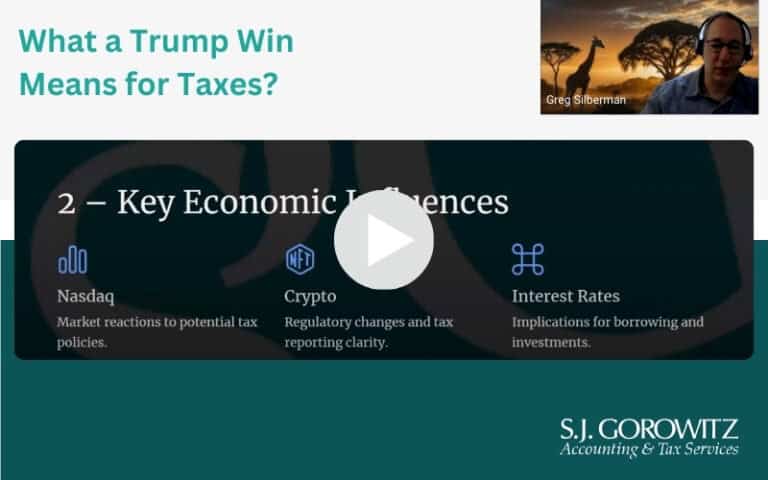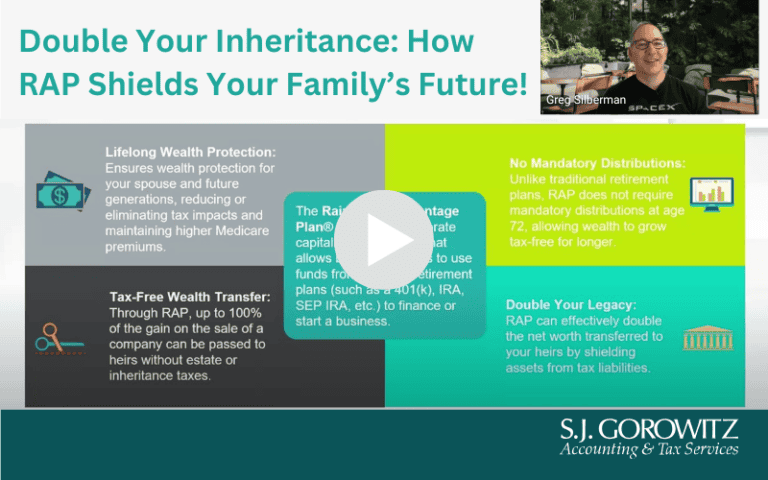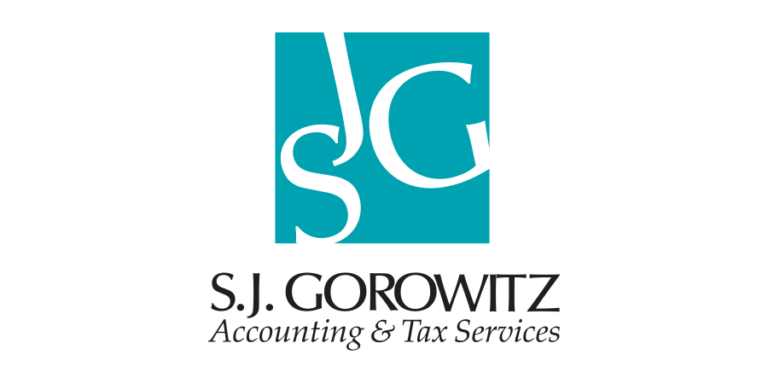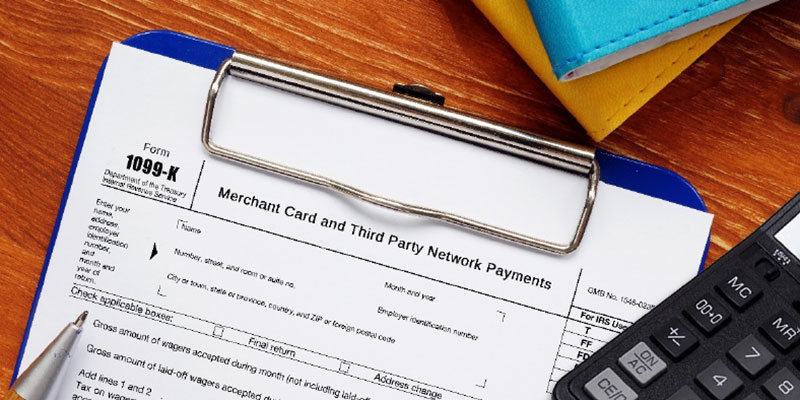
As we near the end of 2022, it’s time for businesses to review their year-end tax reporting requirements. Over the last few years, the Internal Revenue Service (IRS) has made significant updates to the Form 1099 series.
While there are a number of different forms in the 1099 series, our business clients most commonly need to file 1099-NEC and 1099-MISC.
Filing Requirements for Form 1099-NEC
Companies or nonprofit entities that use independent contractors usually must file Form 1099-NEC, Nonemployee Compensation.
Form 1099-NEC is relatively new. Beginning with tax year 2020, businesses were required to use Form 1099-NEC to report nonemployee compensation that previously had been reported on Form 1099-MISC in box 7. Form 1099-NEC must be issued for any person performing services for a business who is not an employee and who receives payments of at least $600 during the year.
Form 1099-NEC is due to be filed by January 31, 2023, to both the recipient and the IRS, for the 2022 calendar reporting year. The instructions for completing Form 1099-NEC were revised in January 2022.
Filing Requirements for Form 1099-MISC
The IRS revised Form 1099-MISC for the 2020 tax year to accommodate the creation of Form 1099-NEC. The redesigned 1099-MISC featured different box numbers for reporting certain income paid during the year.
Common types of payments that should be reported on Form 1099-MISC include:
- At least $10 in royalties or broker payments in lieu of dividends or tax-exempt interest
- At least $600 in rents, prizes, awards or other income payments
- Payments specific to certain industries, such as health care, agriculture and fishing
- Payments to an attorney
In addition, businesses should use Form 1099-MISC if they make direct sales of at least $5,000 worth of consumer products to a buyer for resale, unless the buyer is a permanent retail establishment. Form 1099-MISC must be filed by February 28, if you file on paper, or March 31, if you file electronically.
Certain Businesses May Receive 1099-Ks for the First Time
The IRS has updated Form 1099-K for the 2022 tax year and changed tax reporting rules related to third-party payment networks, including electronic payments made through platforms such as Venmo, PayPal, Square, Cash App, and other similar providers.
Form 1099-K was changed because the American Rescue Plan Act of 2021 lowered the reporting threshold. Prior to 2022, Form 1099-K was issued for third-party payment network transactions only if the total number of transactions exceeded 200 for the year and the aggregate amount of these transactions exceeded $20,000. For 2022, this form must now be completed to report any payments of $600 or more.
The IRS emphasizes that money received through third-party payment applications from friends and relatives as personal gifts or reimbursements for personal expenses is not taxable.
If you have questions about your Form 1099 requirements or any other tax matter that affects your business, S.J. Gorowitz Accounting & Tax Services is here to help you navigate the ever-changing tax landscape.

















